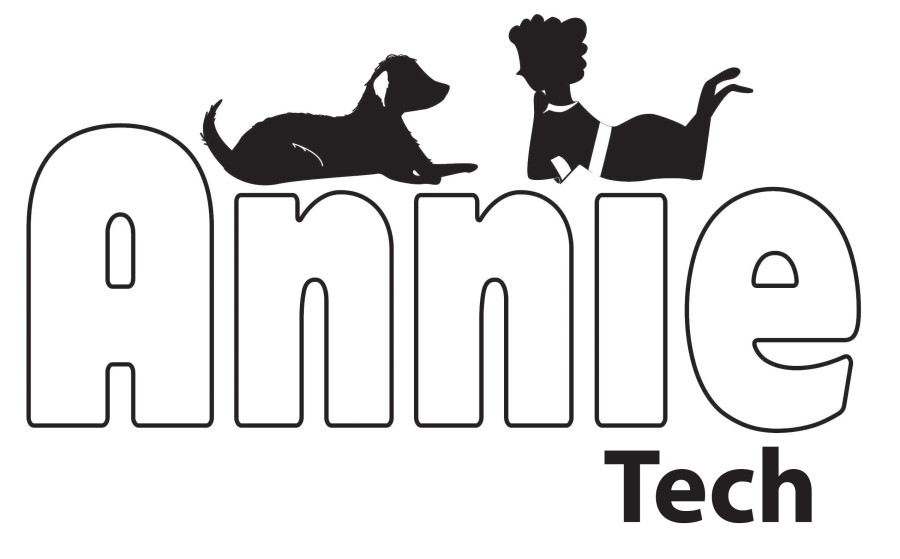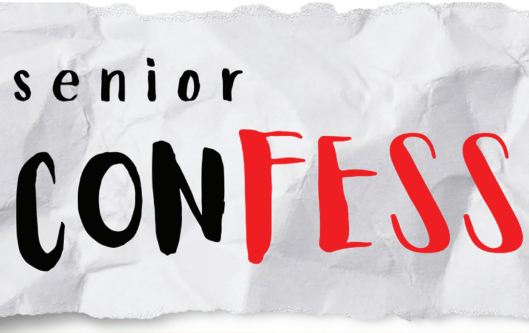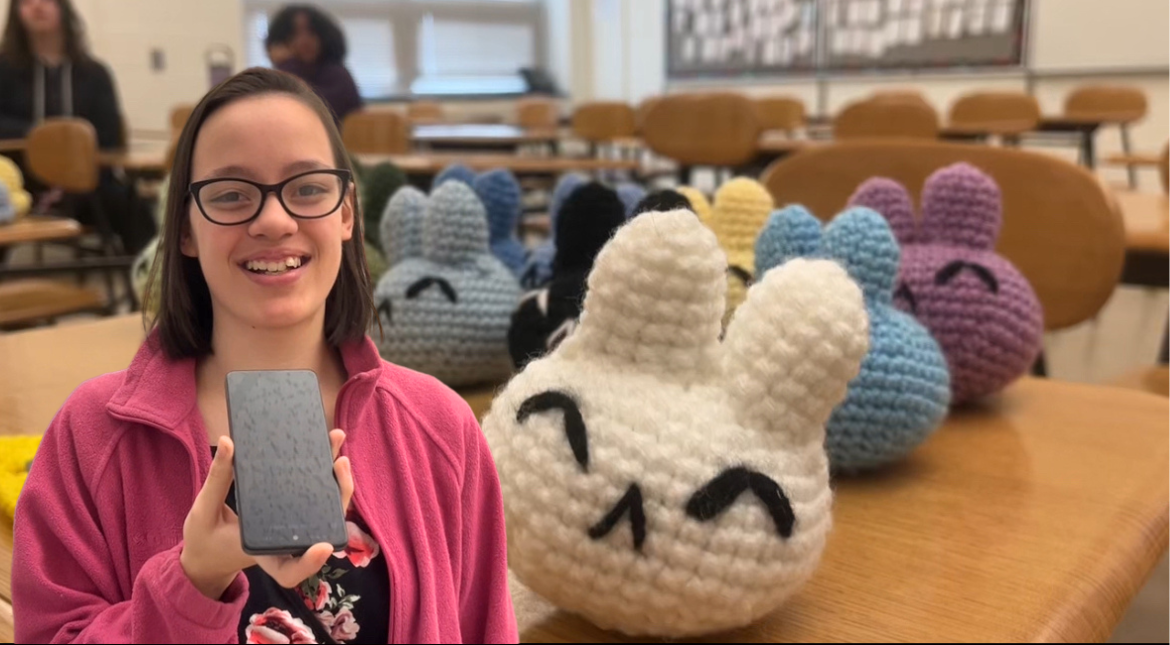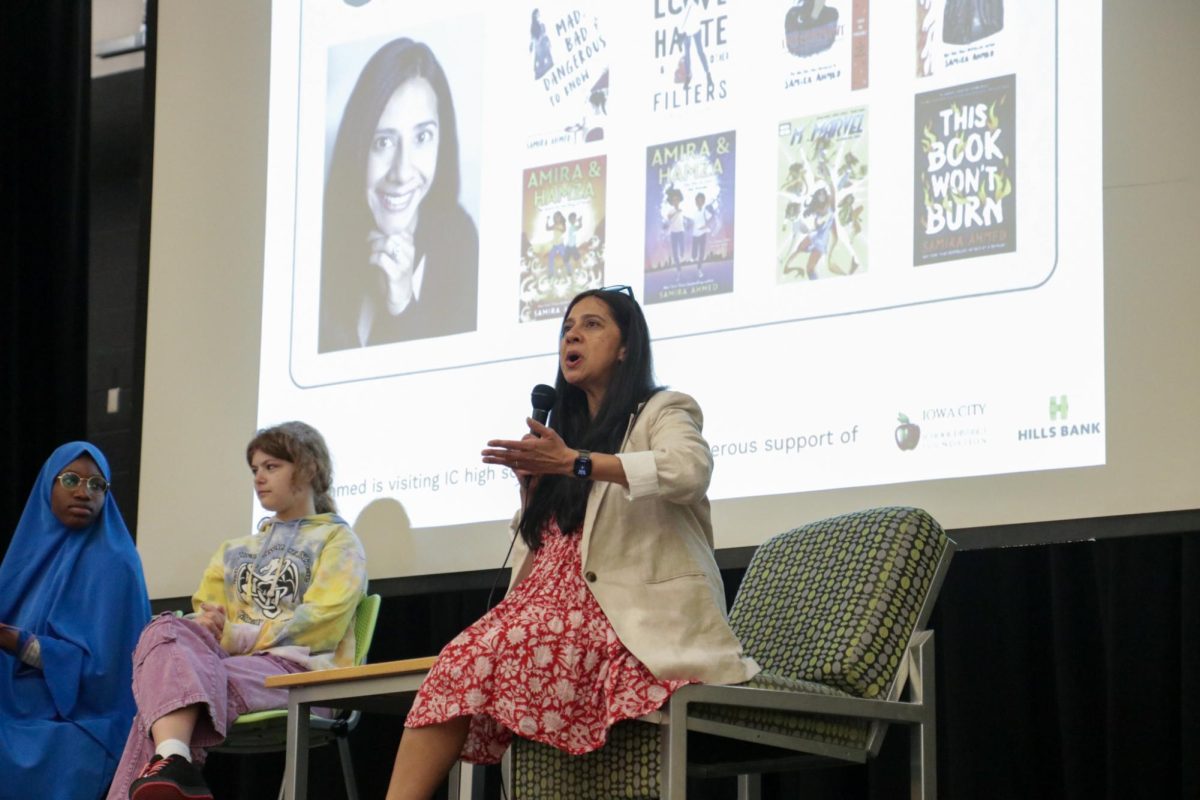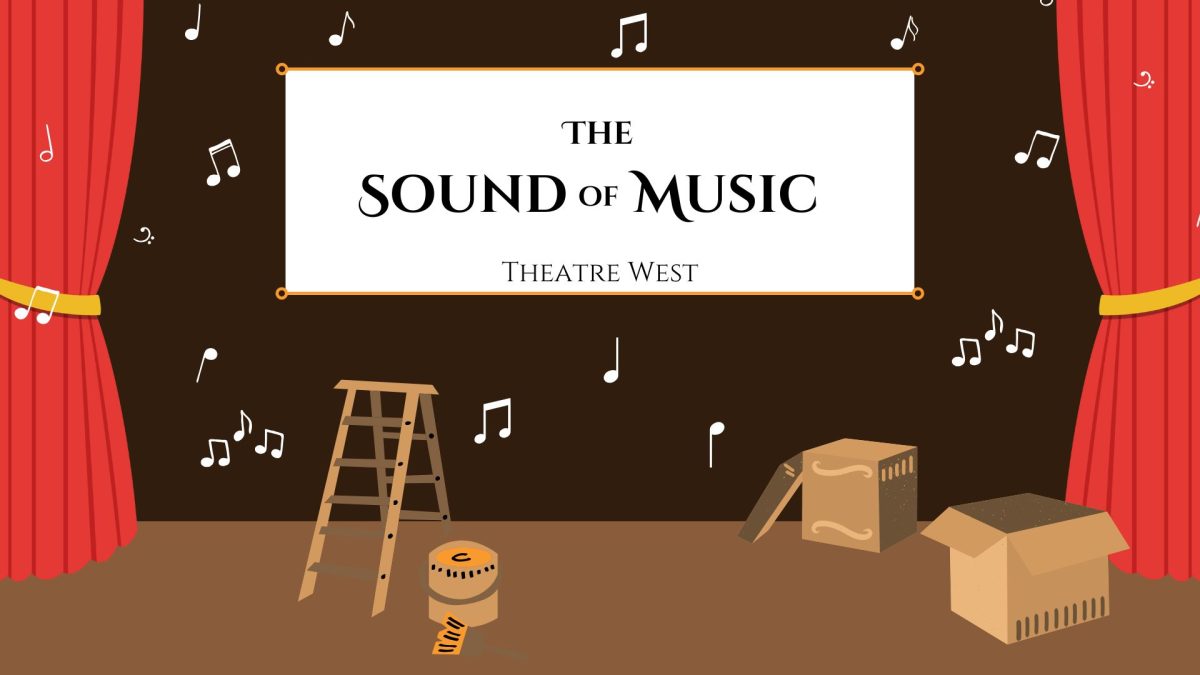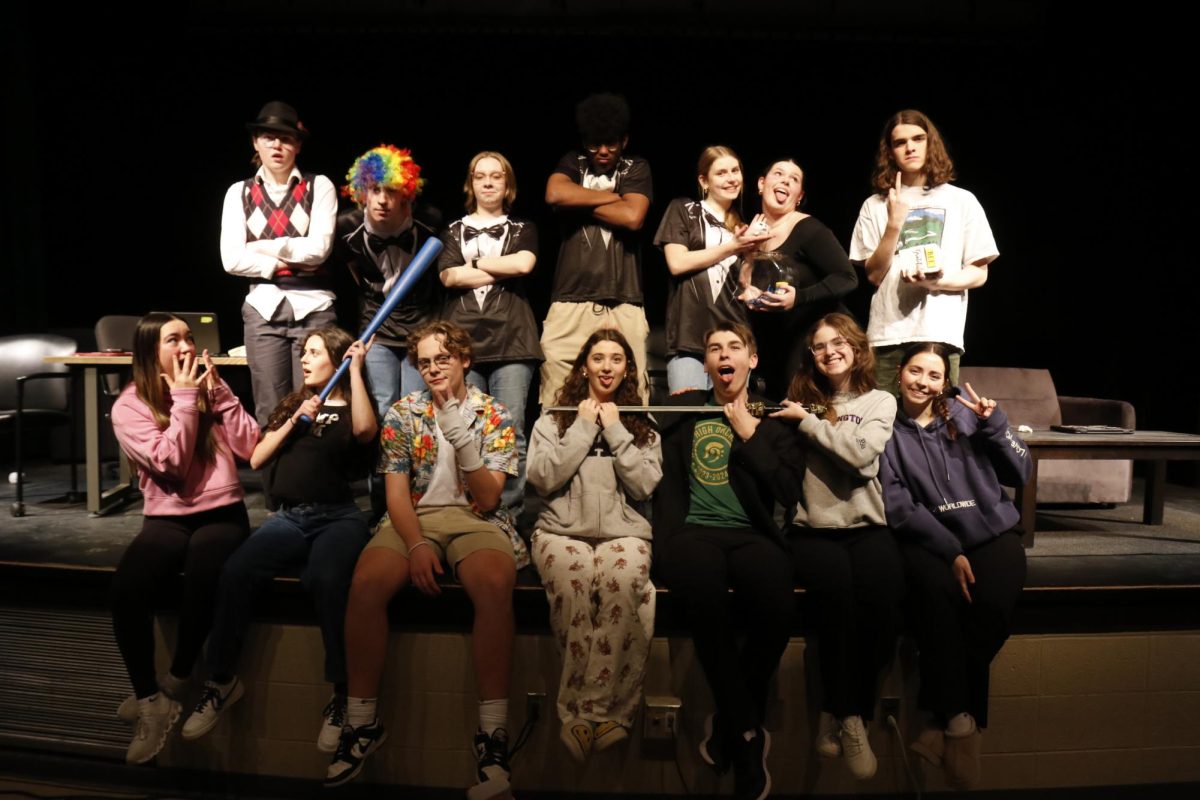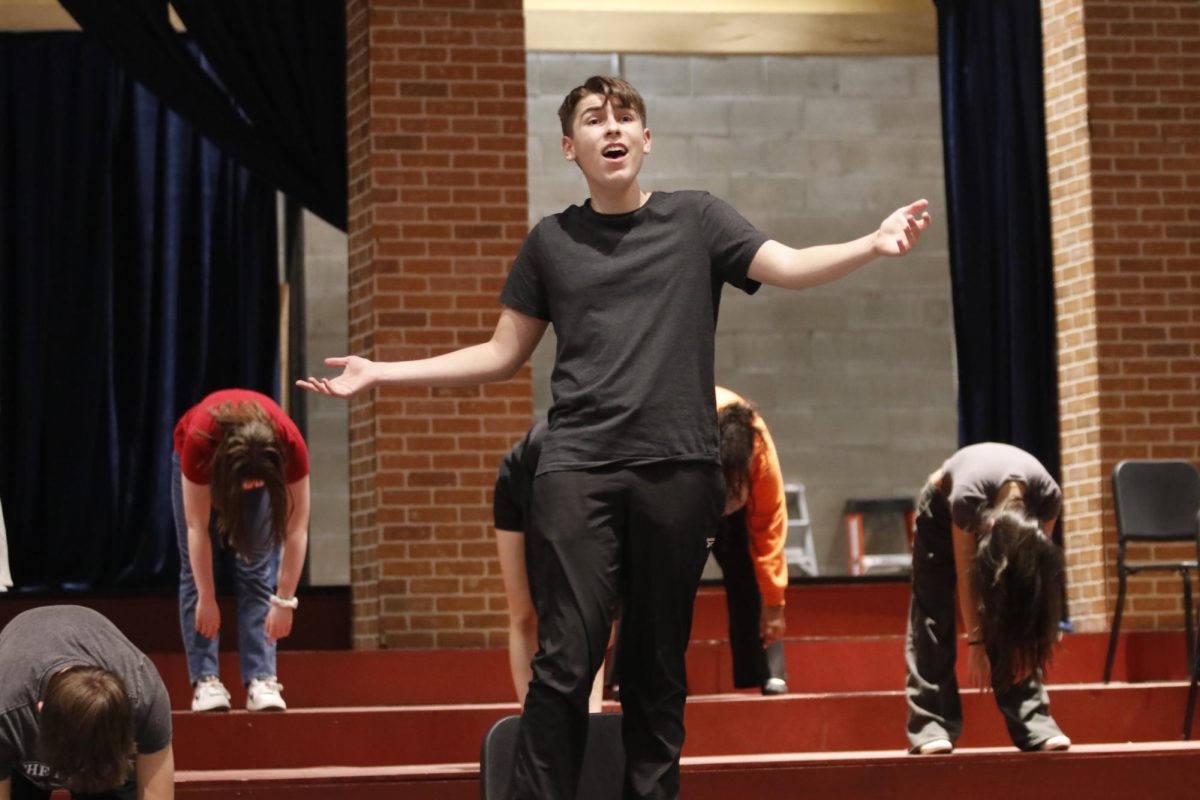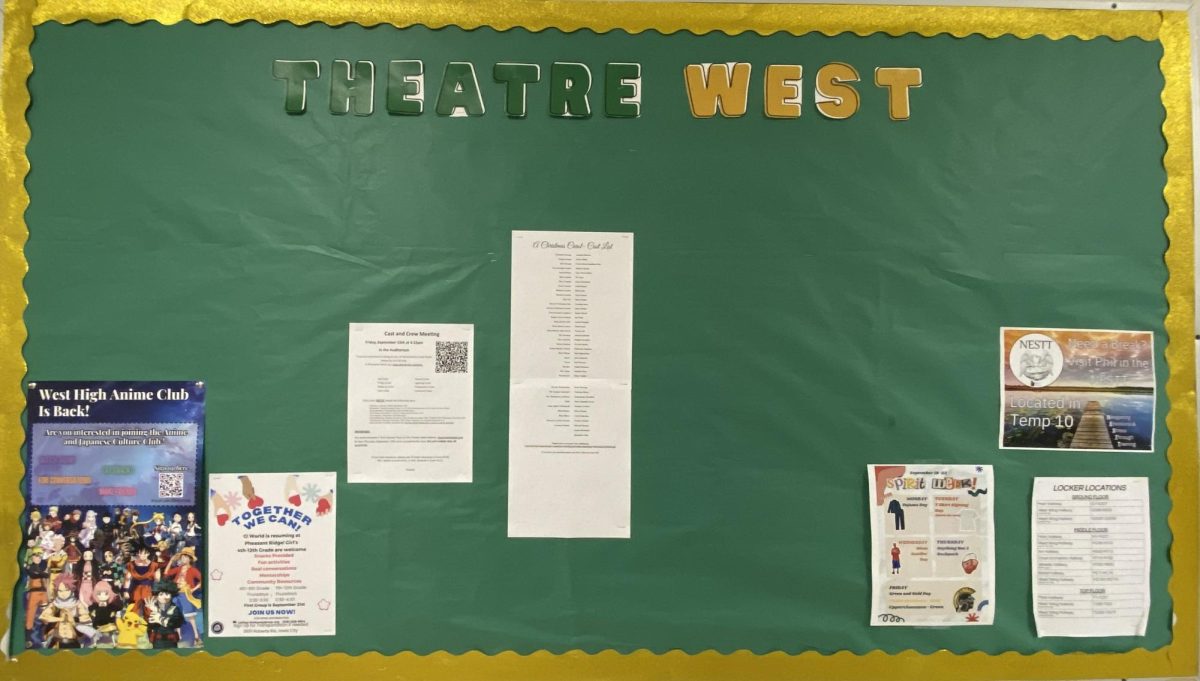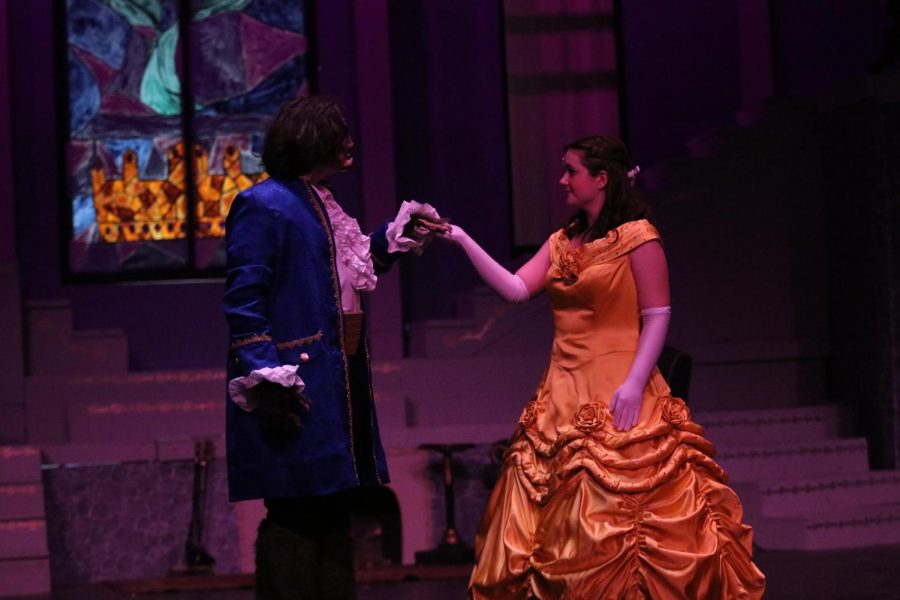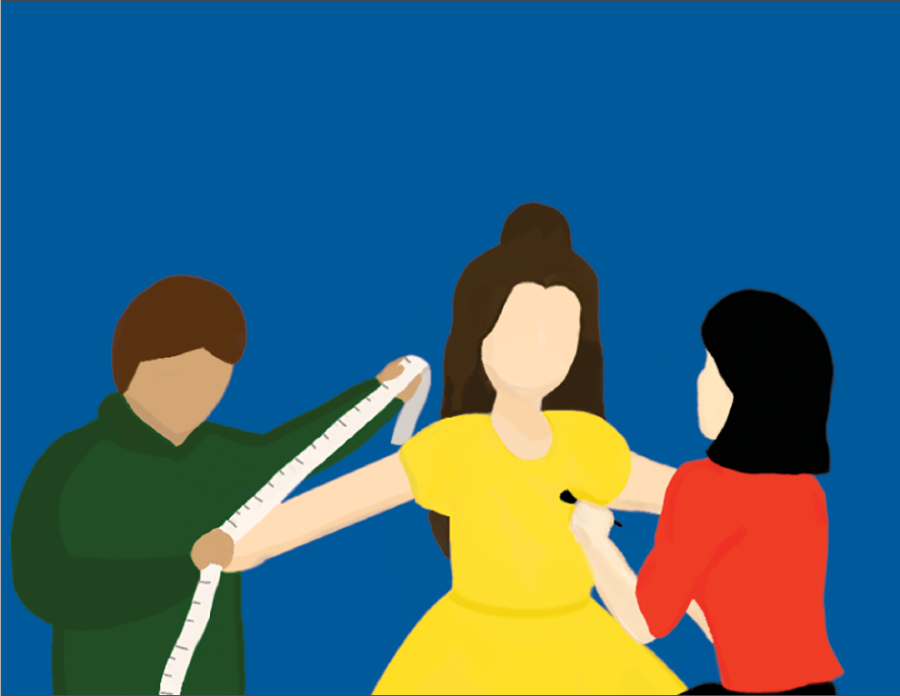![]() Compiled by Blake Oetting, Matthew Murry, Megumi Kitamoto, Consuelo Mendoza, and Velarchana Santhana
Compiled by Blake Oetting, Matthew Murry, Megumi Kitamoto, Consuelo Mendoza, and Velarchana Santhana
Photos by Abby Burgess, Lizzie Pruneau, and Gage Van Dyke
Art by Shirley Wang
As the musical, Annie, prepares to open next weekend, WSS talked to the people behind the scenes and discussed their roles in making the performance a success.

Olivia Sheff ’15 (Costumes):
West Side Story: What tech part are you head of?
Olivia Sheff ’15: Head of costumes.
WSS: What does your job entail?
OS: I fulfill Becky [Dagle, Theatre West’s costume designer]’s wishes and I organize the teams who help with quick changes during the show. I also sew some costumes.
WSS: Describe tech week.
OS: [Tech Week is] really chaotic but a lot of fun. We try to finish most of our work before tech week, but we fix and add things to people’s costumes.
WSS: Why did you choose to get involved with tech?
OS: I was really interested in theatre, and I worked on the crew of “Almost, Maine” and I really liked it. After that, I was made head [of costumes].
WSS: What is something people don’t know about your job?
OS: I go into dressing rooms and fold people’s clothing when they leave it on the floor.
WSS: What is the most difficult part of your job?
OS: Dealing with the actors, because I have to make sure that everything fits perfectly and the actors are able to move in their costumes.

Jenna Choi ’15 (Head Stage Manager):
West Side Story: What tech part are you head of?
Jenna Choi ’15: Head Stage Manager.
WSS: What does your job entail?
JC: I run rehearsals and give sound, light and backstage cues during the show.
WSS: Describe tech week.
JC: It’s really hectic, especially for tech people. I sit with the director with headsets and we are the only people in the audience. I communicate with the light people and learn the cues, which is really difficult because [lights] take about two or three days to fix. We also set things onstage during tech week.
WSS: Why did you choose to get involved with tech?
JC: I was a part of costumes during my freshman year. I went to talk to Nahra [the director of the play] and she told me to do stage managing. I got trained, and then I became head this year.
WSS: What is something people don’t know about your job?
JC: It is a lot of time commitment, because I have to be there for every rehearsal. I also have to get everybody in control and crack the whip, because my job is what keeps people going.
WSS: What is the most difficult part of your job?
JC: The hardest part is the balance between being a student and a stage manager. I don’t like being angry all of the time, but it’s a part of my job to be that way.

Allison Clements (Lights):
WSS: What tech part are you head of?
Allison Clements ’14: I am head of the lighting team.
WSS: What does your job entail?
AC: It involves hanging and focusing lights, cutting gel, cabling, focusing all the lights and programming each cue for the show.
WSS: Describe tech week.
AC: Tech week is basically the time where programming the show is in full swing. It can get pretty hectic and tiring, but ultimately [is] rewarding.
WSS: Why did you choose to get involved with tech?
AC: It seemed like a fun thing to do. Experiencing my first show was really rewarding because everyone worked hard to put it together and it showcased some amazing talent, so I knew that tech was something I wanted to continue doing. Also, everyone is really nice and inclusive.
WSS: What is something people don’t know about your job?
AC: Probably all the different aspects that the lighting team has to do. It consists not only of programming and running the show, but setting up the lights, or running spotlight. There are a lot of different jobs to do.
WSS: What is the most difficult part of your job?
AC: The stress of trying to get everything perfect before a show. So making sure that the lights are focused and working, as well as [making sure] the show is programmed and running smoothly.

Alexandra Eldridge ’14 (Hair and makeup):
WSS: What tech part are you head of?
Alexandra Eldridge ’14: I am the head of the Hair and Makeup Crew.
WSS: What does your job entail?
AE: My job is to create makeup designs for the characters, as well as find time-appropriate hair designs for them. I also have to organize my crew, as well as keep stock of the makeup inventory.
WSS: Describe tech week.
AE: Tech Week is awesome. There are times when it can be stressful, but overall it is really cool. Tech Week is put in place to make sure every aspect of the show fits together … We stay pretty late after school and it’s just a great bonding time for everyone.
WSS: Why did you choose to get involved with tech?
AE: I started helping with Tech after I was cast in Almost, Maine my sophomore year, and then continued to help out with it since. I have worked with set, costumes and makeup, as well as acted in shows. I really enjoy Tech because it’s where all the magic happens, and it’s cool to be a part of the show in a non-acting way so you can learn about all the aspects of theatre.
WSS: What is something people don’t know about your job?
AE: I spend a lot of time in the aisles of Wal-mart trying to decide which makeup sponges and eyeliners would be the best ones to use, because, you know, they are all different.
WSS: What is the most difficult part of your job?
AE: The most difficult part of being head of Makeup would probably be designing the makeup for the characters, and picking out hairstyles; after all of the planning and designing is done my awesome crew creates the magic.

Connor Schueler ’14 (Sound):
WSS: What tech part are you head of?
Connor Schueler ’14: I am the Sound Crew Chief. Basically, I make sure all the actors and actresses can speak and be heard and that everything sounds perfect.
WSS: What does your job entail?
CS: My favorite part about theatre is working with so many excellent and based people. Before I was Sound Crew Chief I was a member of the Sound Crew and the Set Crew. I have also been an actor in the SPIT comedy productions the past two years.
WSS: Describe tech week.
CS: Prior to tech week most of my work and preparation goes into making mic plans, getting any necessary recording or sound effects, and making sure my crew is trained. During the crucible of Tech Week is when my work picks up considerably. The entire time during that span of days I am either behind the soundboard, setting mics up, planning logistics, or addressing unforeseen contingencies.
WSS: Why did you choose to get involved with tech?
CS: I was drawn to the Sound Crew because I wanted to be a part of something bigger than myself and being on Sound is the best way to be involved in West’s theatre program.
 Barbara Badovinac ’16 (Run crew):
Barbara Badovinac ’16 (Run crew):
WSS: What tech part are you head of?
Barbara Badovinac ’16: Alright, so currently I am second in command for Set, Brad is the head, but I will be in charge of the run crew for this show.
WSS: What does your job entail?
BB: Set is both building and decorating the large structures, so we spend most of our time creating them thanks to the designs that Jeff, the Tech Director, has drawn up. Run crew however is my favorite part since we need to be quick and accurate in our placements and it is sort of fun telling people what to do for hours straight.
WSS: Describe tech week.
BB: Tech week, wow, it is arguably both the best and the worst week of the whole production mostly because it is our first attempts of putting all the great work we’ve done together and our last chance to add the finishing touches. Tech week is very exciting, but it can be pretty stressful too, especially since we need to get by with even less sleep than normally.
WSS: Why did you choose to get involved with tech?
BB: I’m not sure exactly why I chose to be a part of tech but I’ve always loved theatre, my aunt is an actress so I spent a lot of my childhood going to watch her plays, and this seemed like a great opportunity to meet new people. Also I love the idea that I’m one of the people behind the curtains that help make such a great production possible.
WSS: What is something people don’t know about your job?
BB: Run crew is basically moving the set pieces during the scene changes. During tech week, our job is to “spike” each piece, which means place reflective tape on the floor of the stage so we can kind of tell where each piece needs to go. Also musicals are more difficult for us since we have a specific time limit to how long the changes can last, the pit orchestra plays a song while we rearrange the stage. I would like to point out that I’ve met such wonderful people while doing this, which I probably wouldn’t have had the pleasure of meeting otherwise, and just because we aren’t on stage, we still put a lot of work and effort into each production.
WSS: What is the most difficult part of your job?
BB: For me, it would probably be lifting the heavy stuff, but that’s why we have the guys. I’m probably supposed to say it is difficult to keep up with school work, or catch up on sleep, or maybe even be in a good mood for six hours straight but honestly nothing is truly difficult if you love doing it.


